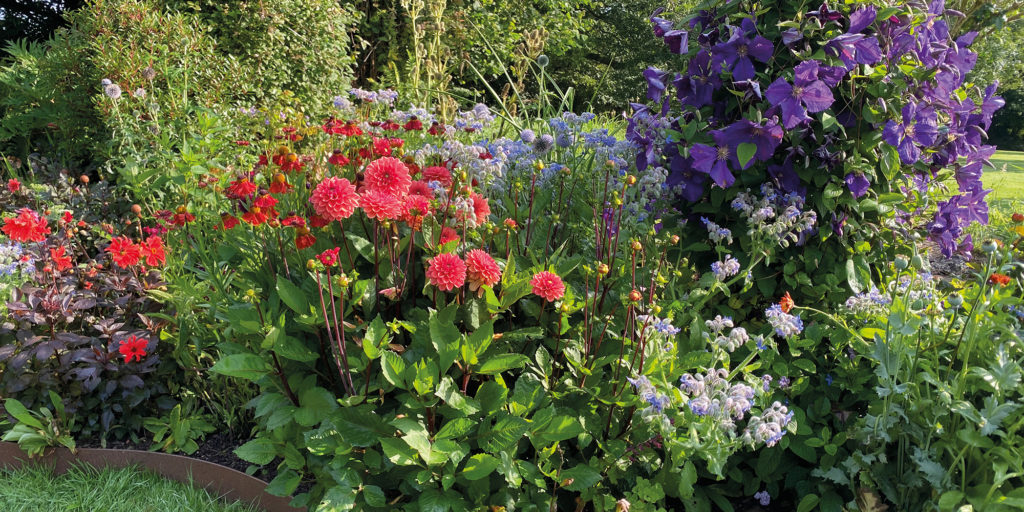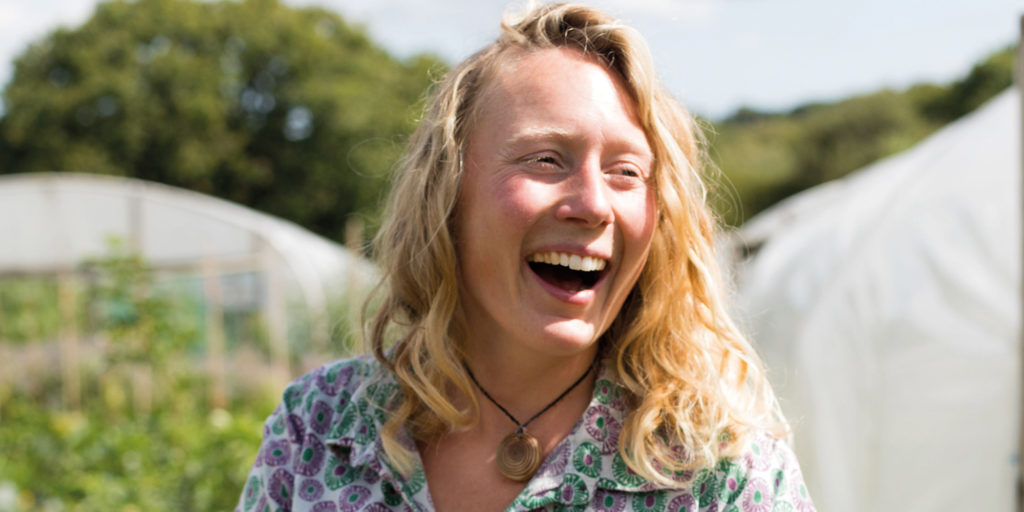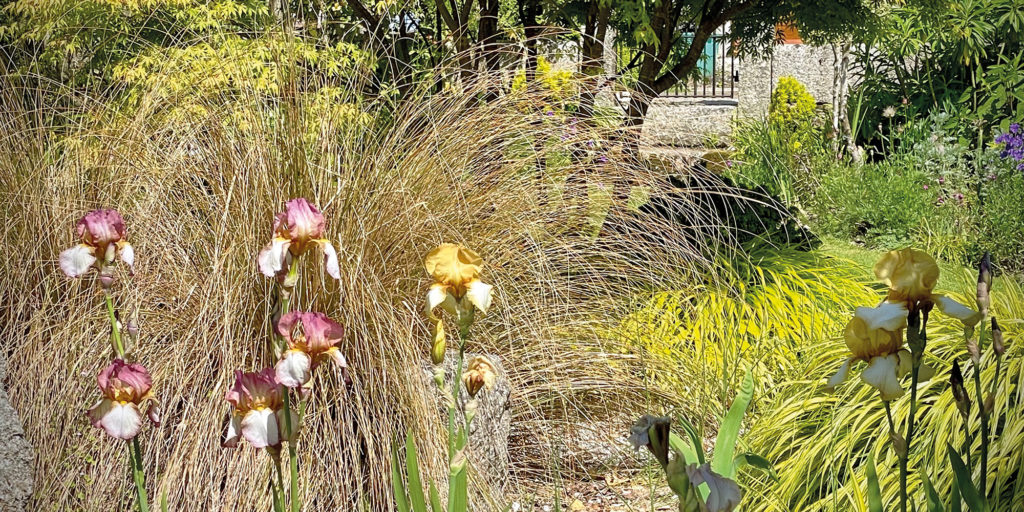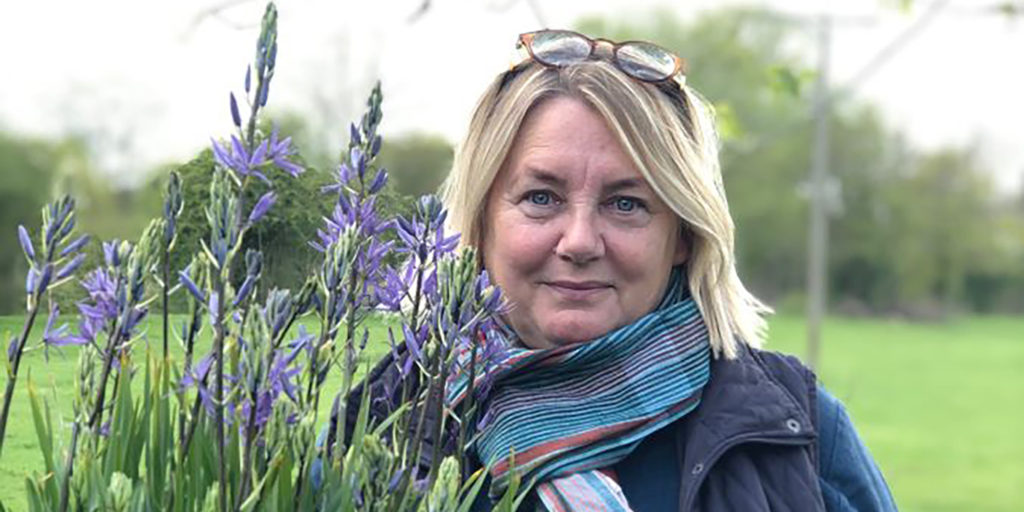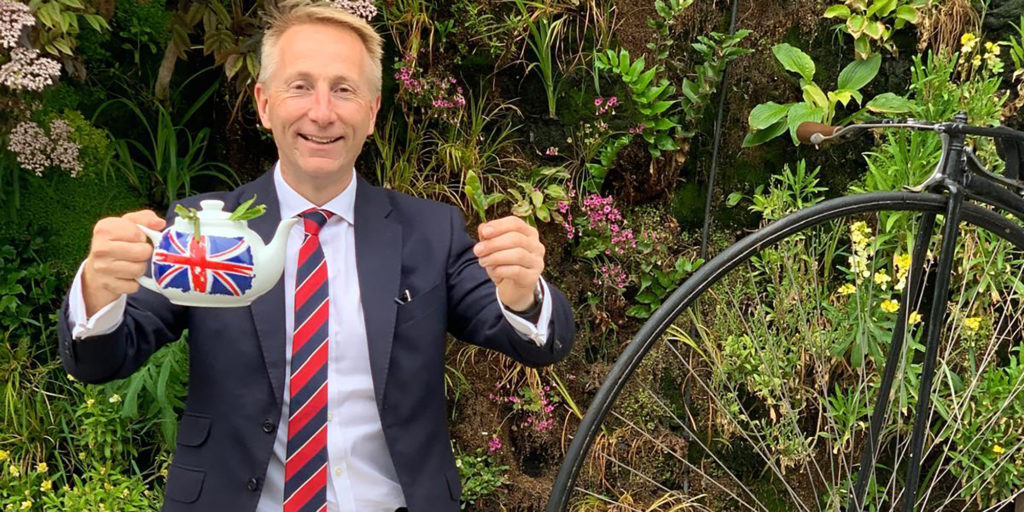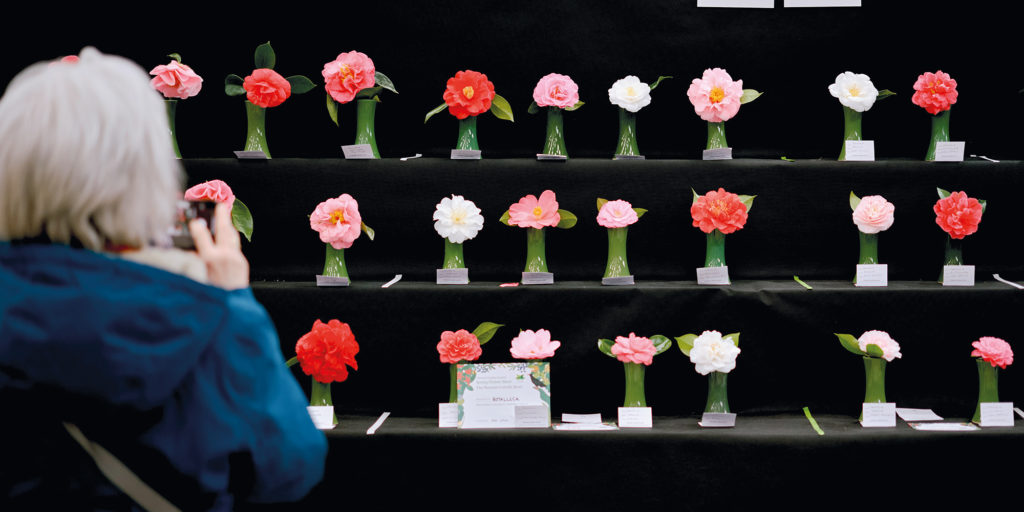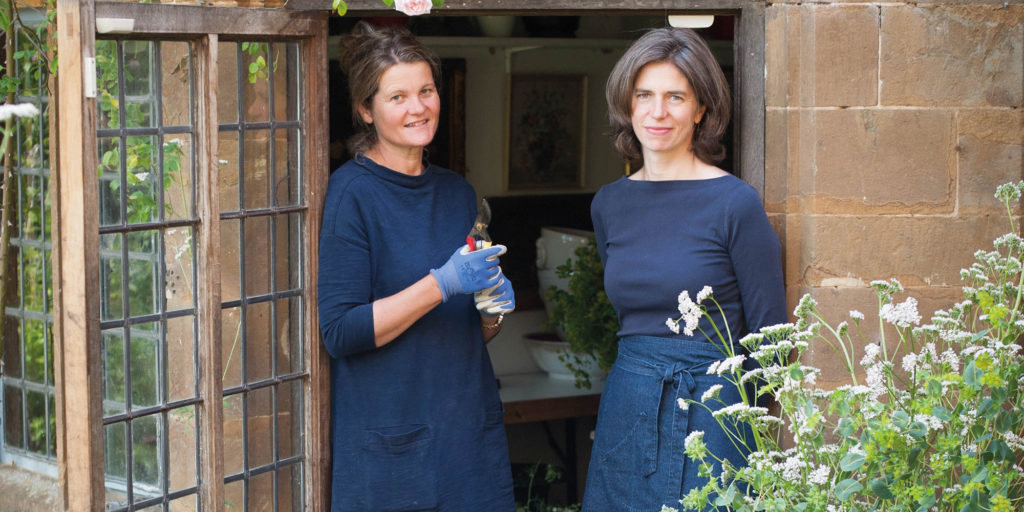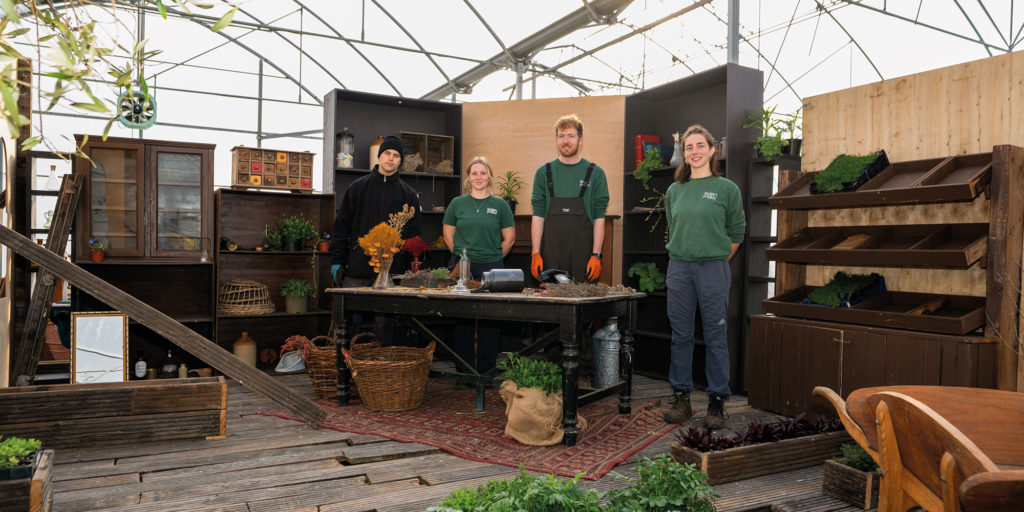

Cornwall’s Living Landscape
The Cornwall Garden Society (CGS) is a charity that exists to encourage and improve the science, art and practice of horticulture.
For nearly two centuries, the Cornwall Garden Society has subtly shaped the county’s horticultural heritage, weaving its influence through grand estates and modest back gardens, sharing gardening knowledge, and promoting conservation while safeguarding and studying the natural environment, historic gardens, and designed landscapes of Cornwall. Recognised for its efforts, it is affiliated with the Royal Horticultural Society and the Gardens Trust.
Founded in its earliest form in 1832, the Society’s original mission was to bring Cornwall’s botanical marvels to the public eye. On the 18th of May in that year, the inaugural meeting of the Royal Horticultural Society of Cornwall was held, supported by the patronage of King William IV, who was “graciously pleased to place the sum of £10.10s.0d (ten guineas) annually at
its disposal.”
Transport was primitive then, the county’s vast gardens and estates known only to those who owned them. By exhibiting their finest fruits, flowers and vegetables, those early horticulturists revealed a hidden world, a tradition that endures in the Society’s annual Spring Flower Show. Held at the Royal Cornwall Showground, the event is often hailed as ‘the Chelsea of the South West’ – a showcase of Cornish creativity, climate awareness and cultivation, now enriched by a newly forged alliance.
In September 2024, the Society merged with the Cornwall Gardens Trust, intertwining two legacies to form a stronger force for horticultural conservation. The Trust, founded in 1988, had long been the quiet custodian of Cornwall’s historic gardens, researching their origins and championing their protection. With the formation of the Historic Gardens Committee within the Society, this work continues, ensuring that Cornwall’s designed landscapes, both past and present, are preserved against the slow creep of neglect or development.
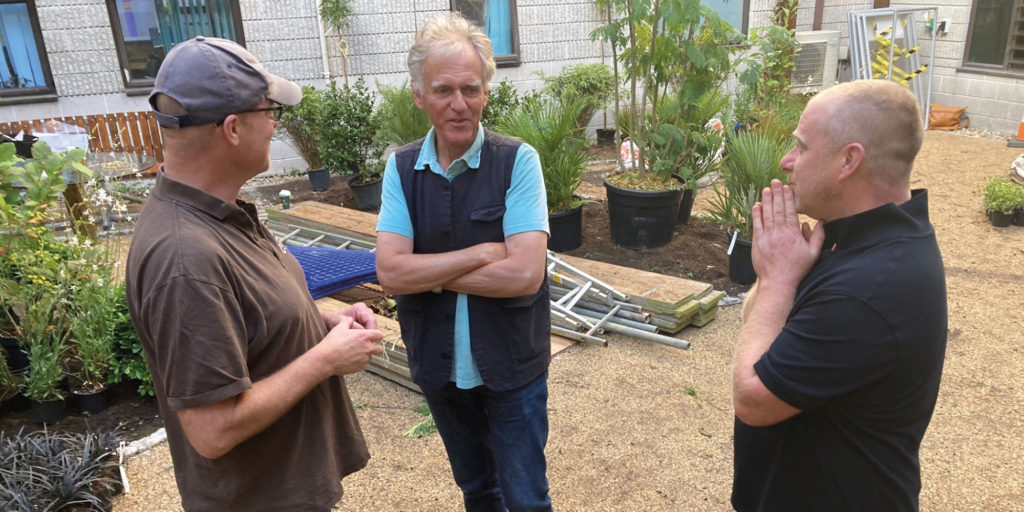
© Louella Hanbury-Tenison
“This merger adds real value to the CGS in strengthening our stewardship of Cornwall’s horticultural legacy,” explains CGS Chairman, Martin Petherick. “It enriches our understanding and increases our reach by adding a further historical dimension.”
The committee now acts as the local representative for The Gardens Trust, assessing the impact of planning applications on sites of historic interest. But it is not only about protection. There is celebration, too – an ongoing documentation of 85 recorded gardens lodged at Kresen Kernow, forming an ever-growing archive of Cornish horticultural history. It is a reminder that gardens, by nature, evolve. They are shaped by each generation’s hands, from the botanical adventurers of the 19th century to today’s landscape designers blending sustainability with beauty.
At the heart of the Society’s work is a desire to share knowledge. Membership unlatches the gate to lectures and visits to gardens that are not always open to the public. It is not only seasoned gardeners who benefit – those taking their first steps into horticulture are supported, too, through the Pat and Margaret Wells Bursary. Established by the Wells family in honour of their late mothers, both of whom shared an unrelenting passion for plants, the bursary helps students and apprentices with the financial challenges of training. Whether funding study materials, specialist equipment or travel to world-class gardens, it is designed to help those hoping to make horticulture their livelihood.
This nurturing spirit extends to the Society’s flagship event. The 2025 Spring Flower Show, held in early April, unfurled a fresh perspective on gardening with its Show Gardens, designed under the theme ‘A Place to Heal.’ They are an exemplification of the next generation of horticulturists, with The Eden Project’s apprentices creating The Apothecary Garden and Cornwall College students designing Echoes of Tranquillity. These projects reflect the Society’s commitment to inspiring young talent and ensuring the future of Cornish gardens is in knowledgeable hands. Strengthening ties with The Eden Project, Cornwall College University Centre, and The Lost Gardens of Heligan, they are fostering a network where heritage meets innovation. A pedal-powered Sustainability Hub underscored the role of gardens in combatting environmental challenges, while a Grow Your Own allotment celebrated the revival of edible gardening. In response to a growing interest in regenerative agriculture, the show also hosted a series of talks by national names and local luminaries on soil health, rewilding and the role of hedgerows in supporting native wildlife.
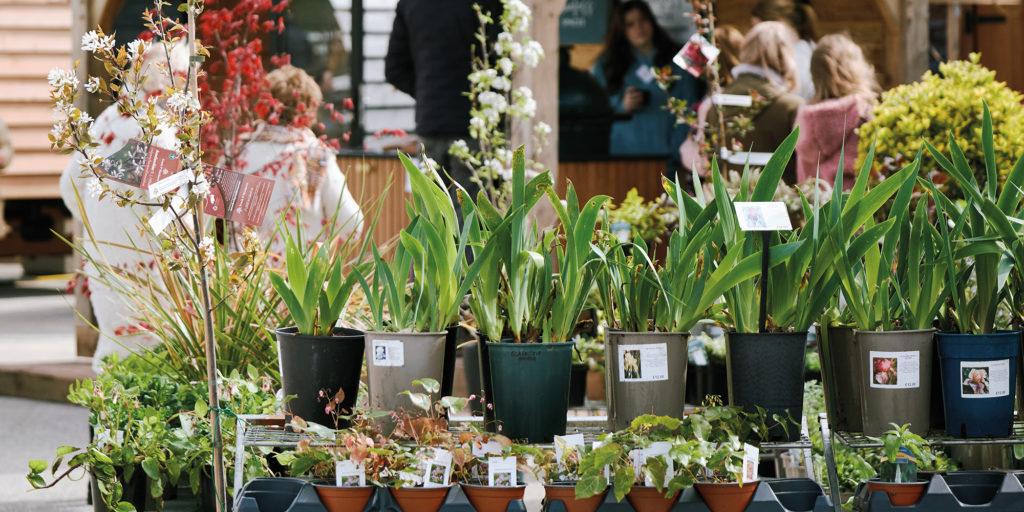
© Ian Kingsnorth
Sir Tim Smit, who famously restored The Lost Gardens of Heligan and co-founded The Eden Project, declared the show open, his words echoing a sentiment that has long been understood in Cornwall: a garden is more than a place of beauty. It is a space for renewal, a testament to patience and a living story shaped by the hands that tend it.
Alongside this, a free lecture series, held between October and March, invites both members and non-members to be inspired, educated and engaged in the evolving world of horticulture (donations are welcomed). Recent speakers have included Jonathon Jones OBE of Tregothnan on tea-growing and Tremap, the ambitious plan to map every tree on earth; Alex Goodyear of Tremenheere on the botanical wonders of the Western Cape; and Stella Exley, who revealed the intricate world of nursery growing for the ‘chaos that is Chelsea’. Other highlights have ranged from Trewithen’s Millie Wykes on her global garden tour to The Land Gardeners’ Henrietta Courtauld and Bridget Elworthy on soil health and cut flowers, fresh from their SOIL exhibition at Somerset House, visited by His Majesty the King. Trustees Pen Polglase and Richard Stone have also explored change and research in Cornwall’s historic gardens.
The Society’s work does not end with preservation and education; it actively seeks to inspire. In an era of climate uncertainty and biodiversity loss, gardens are frontline spaces for change. The Society encourages the planting of pollinator-friendly species, the reduction of chemical inputs and the adoption of sustainable practices.
With climate change altering Cornwall’s weather patterns, new challenges arise. Plants once considered tender thrive, while traditional species struggle. The Society is at the forefront of discussions about what this means for future planting schemes, advocating for adaptive horticulture, that honours the past while preparing for the future. It is a balancing act, but one the Society embraces with characteristic dedication. It is also deeply invested in the ethical considerations of gardening in a warming world. Should we continue to plant drought-sensitive species that once defined Cornish gardens? How do we manage the risk of invasive species that might flourish in milder winters? How do we acknowledge that gardening is not only about heritage but also about shaping a sustainable future?
For those drawn to this ever-changing narrative, the Cornwall Garden Society offers a place within its pages. Membership is an invitation to step beyond the garden gate, to learn, to preserve, and to play a part in the unfolding tale of Cornwall’s living landscape. To stand among ancient yew trees and newly planted orchards, to see the seasons shift in a world of colour and scent, and to know that, in a small way, one’s hands have helped shape the story of Cornish horticulture for generations to come.
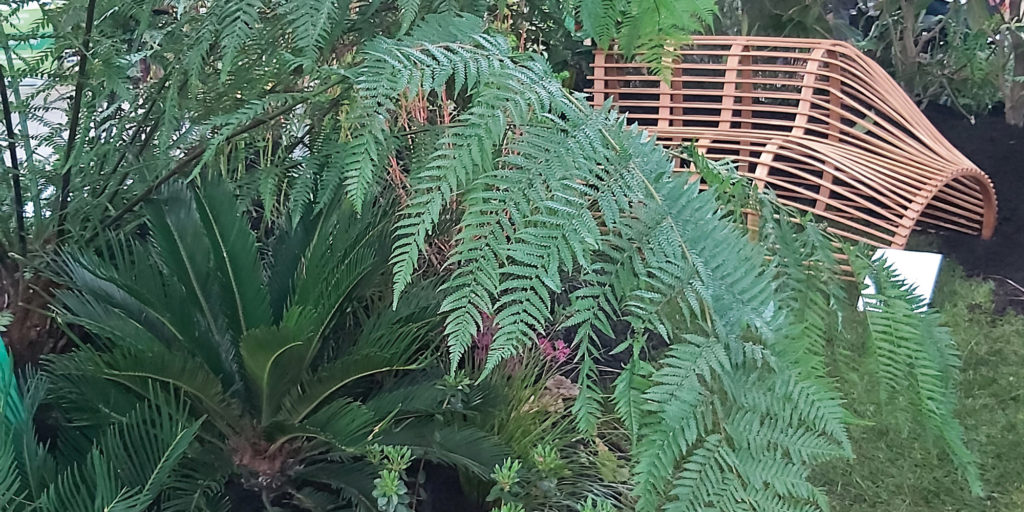
© Curlew PR
